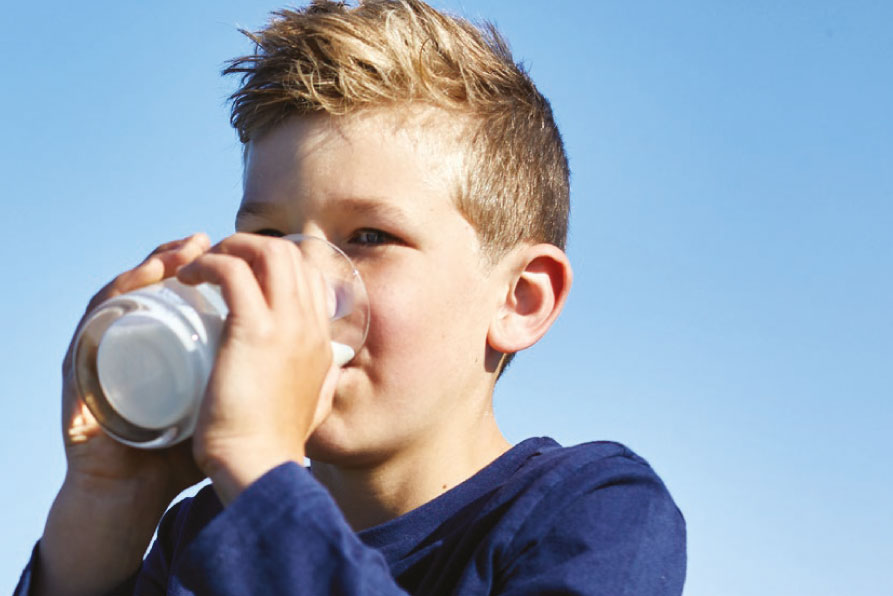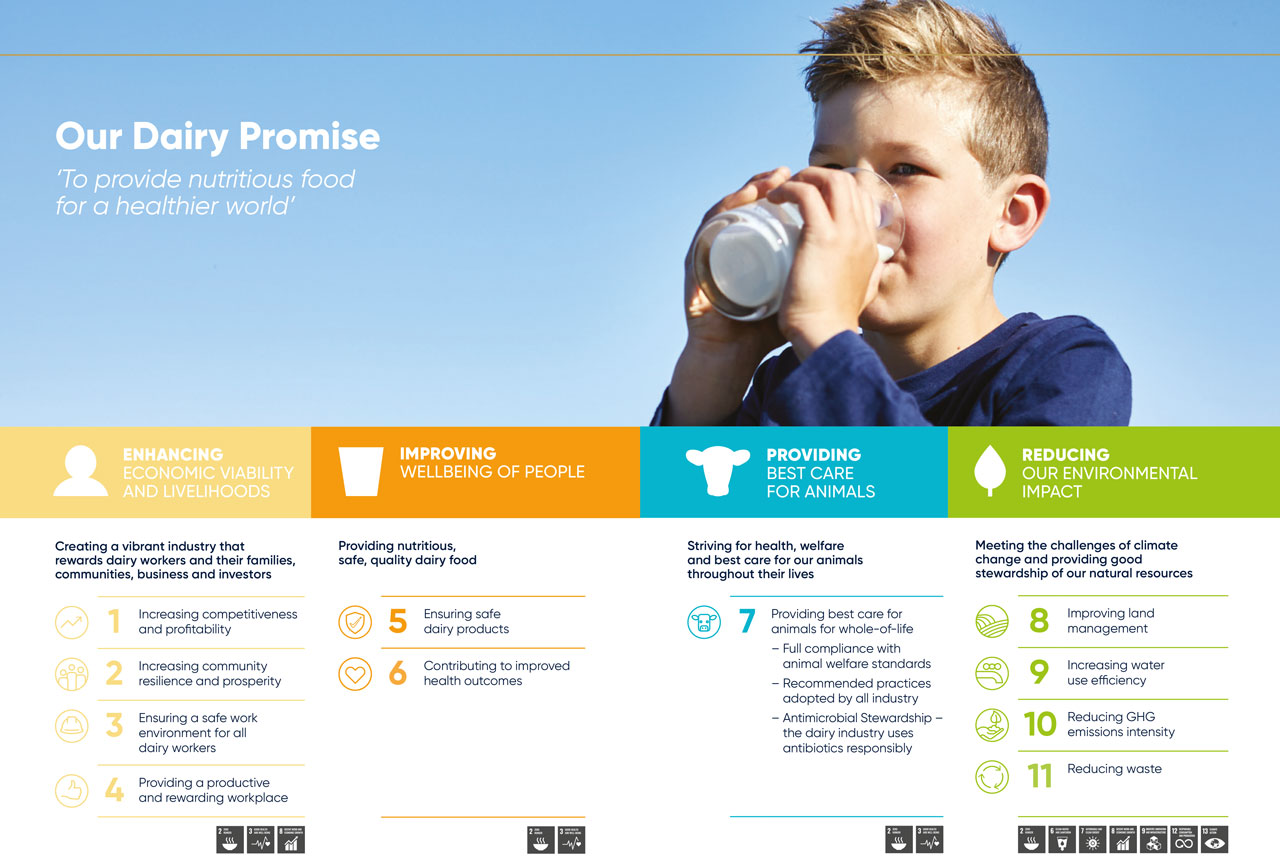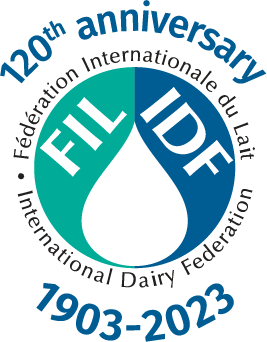Share this page


Alignment with SDGs
AUTHOR
Helen Dornom Dairy Australia • Australia
Our Sustainability Promise
At the heart of sustainable development in the Australian dairy industry is a promise: to provide nutritious food for a healthier world. The Dairy Promise is underpinned by commitments the industry has made to:
Enhancing economic viability and livelihoods – creating a vibrant industry that rewards dairy workers and their families, communities, businesses and investors
Providing best care for animals – striving for health, welfare and best care for all our animals thr oughout their lives
Improving wellbeing of people – providing nutritious, safe, quality dairy food
Reducing our environmental impact – meeting the challenges of climate change and providing good stewardship of our natural resources.
For each commitment there are goals (aligned with some of the UN SDGs), targets that set our sights for continuous improvement and indicators and metrics for measuring and reporting our progress.
It is 10 years since the Australian Dairy Sustainability framework (ADSF) was established. This year we are reviewing our Commitments, Goals and Targets to ensure we meet our external and internal stakeholder expectations. The Framework is a living, evolving strategy and as we look towards 2030 and beyond, we will need to continue to ensure we stay in tune with what actions we must take to remain a sustainable source of nutrition for the world.
We continue to engage closely with producers and dairy companies to foster the necessary practice changes, and external stakeholders to hear from them what they see on the horizon and show how we are responding to a changing world.


The following provides examples of some of the actions we have in place to support our Commitments – specifically our Commitment to the Wellbeing of people
Commitment 2 - Improving the Wellbeing of People
Providing nutritious, safe, quality dairy food Supports UN SDGs 2 and 3
Unhealthy diets are not sustainable, yet people are not eating well, the world’s leading assessment of global nutrition, (the Global Nutrition Report), concluded in 2021.
Most Australians do not consume the recommended minimum daily intake of any of the five core food groups. Instead, over-consumption of energy-dense, nutrient-poor discretionary junk foods dominates Australian’s diets.
Encouraging people to eat nutritious food to improve their health and wellbeing is a challenge for responsible producers, companies, policymakers and health professionals.
Regardless of whether food is made from animals, plants, or in a laboratory, sustainably produced nutritious food will have positive impacts on the wellbeing of both people and the planet.
The dairy industry is committed to producing affordable, nutritious healthy and sustainable, safe quality food.
It is 10 years since the Australian Dairy Sustainability Framework was established. We are even more committed now to continually improving our practices to ensure nutritious, healthy dairy foods remain an essential part of a sustainable diet over the next 10 years and beyond.
Helen Dornom Tweet
Examples of what we are doing:
In 2021, global research led by the University of Melbourne and Austin Health showed that higher daily intakes of milk, cheese and yoghurt reduce fractures and falls in aged care residents. Research in the United States found that eating yoghurt can help older adults who have high blood pressure. While it is critical that the dairy industry continues to produce food in an environmentally responsible manner, the dairy matrix/nutritional benefits of dairy are also important for improving the wellbeing of people.
New tool helps educate on food nutrition
A first of its kind tool, the Nutrient Rich Food Index enables consumers to compare the nutritional value, affordability and environmental impact of different foods – including milk and plant-based beverages.
The tool not only considers the nutrient density of foods, but also whether the nutrients contained in different foods are over or under consumed by Australian adults. This means the final score for foods is specific to Australian consumption patterns.
Nutrients assessed by the index include protein, vitamins B1, B2, B3, B6, B12, folate, A and C; calcium, phosphorus, zinc, iron, magnesium, iodine, selenium and molybdenum.
Milk scored higher than plant-based beverages for providing nutrients that Australian adults are under consuming – and was found to be the most affordable way to address these gaps.
Following the outcomes of a detailed scientific study, a campaign has been run by Dairy Australia to raise awareness in the community that an increase in the consumption of dairy foods can reduce fractures by 33% and falls by 11% in aged care residents.
An evidence-based report entitled, Dairy’s role in a healthy, sustainable diet, has been published specifically for nutritionists and dietitians by the Australian dairy industry.
Conclusion
The Australian dairy industry remains committed to its Sustainability Promise – and will continue to refine our goals and targets – and report our progress against our Commitments each year. We are making progress – but still have more work to do. This year, Australian dairy celebrates 10 years since our Sustainability Framework was established.
References
See our reports here: www.dairy.com.au/sustainabilityframework






